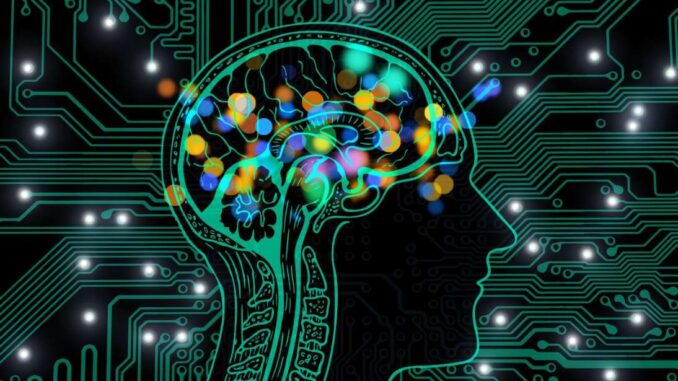
Artificial General Intelligence (AGI), often referred to as “strong AI” or “full AI,” represents a form of artificial intelligence that possesses the ability to understand, learn, and apply intelligence across a broad range of tasks at a level comparable to that of a human being.
Unlike Artificial Narrow Intelligence (ANI), which is limited to specific tasks, AGI aims for a more generalized cognitive ability.








### Key Characteristics of AGI:
1. **Generalized Understanding**: AGI systems would be capable of understanding and reasoning across a variety of topics and domains, much like a human. This includes the ability to learn new tasks without needing significant retraining or reprogramming.
2. **Adaptability**: AGI has the potential to adapt to new situations and tasks that it has not specifically been trained for, using reasoning and problem-solving skills to navigate unfamiliar challenges.
3. **Self-Improvement**: An AGI could improve its performance over time through experience, possibly developing new strategies and insights that were not part of its original programming.
4. **Common Sense Reasoning**: AGI would possess a level of common sense that allows it to make judgments and decisions based on context and inference, rather than solely relying on programmed rules or learned patterns.
5. **Multi-modal Learning**: AGI would integrate information from various sources and modalities (e.g., visual, auditory, textual) to build a comprehensive understanding of the world and make decisions.
6. **Emotional and Social Intelligence**: While AGI does not require emotional capabilities to function, the incorporation of emotional intelligence could enhance its interactions with humans and its understanding of human behavior.
### Importance and Implications of AGI:
– **Transformative Potential**: AGI has the potential to revolutionize various fields, such as healthcare, engineering, education, and many others, by providing advanced problem-solving capabilities.
– **Ethical Considerations**: The development of AGI raises significant ethical and philosophical questions, including concerns about control, safety, employment, decision-making, and the moral status of intelligent machines.
– **Existential Risks**: Some researchers and theorists have raised concerns about the potential risks associated with AGI, particularly if it were to surpass human intelligence. This includes scenarios where AGI could make decisions that are misaligned with human values or safety.
### Current State of AGI Research:
As of now, AGI remains largely theoretical and has not been achieved. Most existing AI systems, including advanced machine learning models, are still classified as ANI, performing well-defined tasks but lacking the general cognitive abilities of a human.
A substantial amount of ongoing research in the fields of artificial intelligence, machine learning, cognitive science, and robotics is dedicated to exploring the pathways toward AGI, but the technical and ethical complexities pose significant challenges.
In summary, AGI represents the ultimate goal of some AI research, aiming to create machines that can think, understand, and learn in a way that mirrors human cognitive abilities across a wide array of contexts.

Leave a Reply